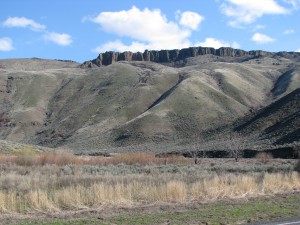Wow, what a great time in Pleasant Hill yesterday. Met with about 400 bright young writers. Questions filled the air, and that was good because questions form the basis for writing (and reading). Two really important questions we addressed were: “Why write?” and “What should I write about?”
When we did a lead activity, we saw that some students could write leads as good as the leads in published books. Not a big surprise given the expertise of Pleasant Hill students. When I told them about my very favorite book in the world – the dictionary, which contains all the books ever written, with the words rearranged – I saw some jaws drop, but enthusiasm crested when we did a dictionary activity to enhance their skills.
Not only did the students spend time with me during the day. They also attended workshops led by teachers and community volunteers, where they had the opportunity to learn more and become engaged with various types of writing. The afternoon was a celebration of student writing, during which they shared in small groups.
Writing Festivals: what a great way to inspire, motivate, and enhance students’ writing skills. Many thanks to Jeanne Miller, who organized the event; to the community volunteers, who shared their enthusiasm for the written word; to the teachers, who prepared their students well; to principal Devery Stoneburg, for sharing the vision of students as writers; and to the students, whose interest, curiosity, and enthusiasm made for a grand time!

